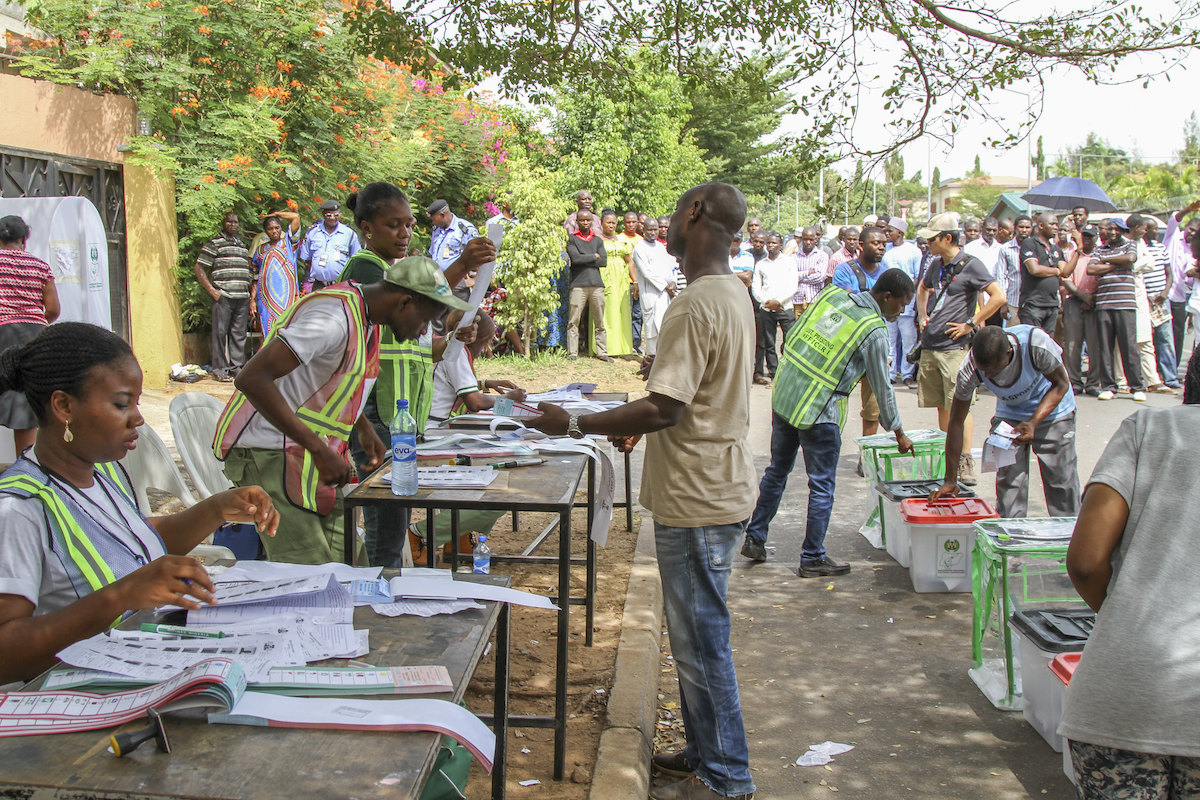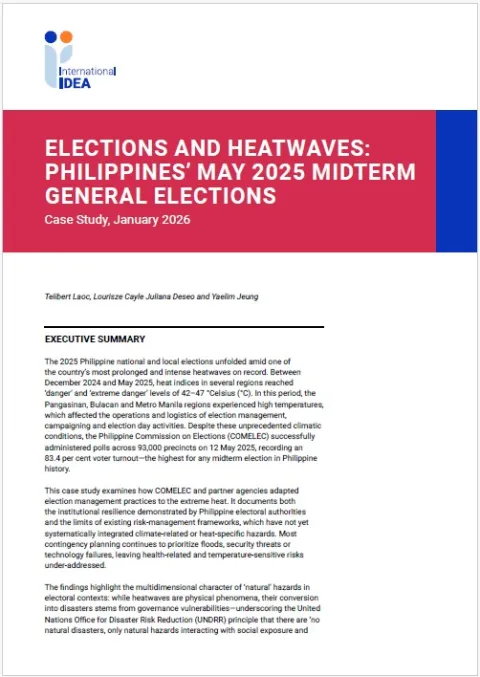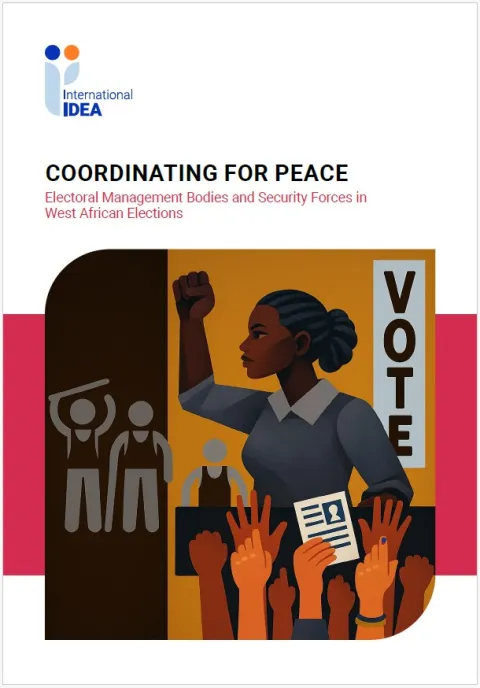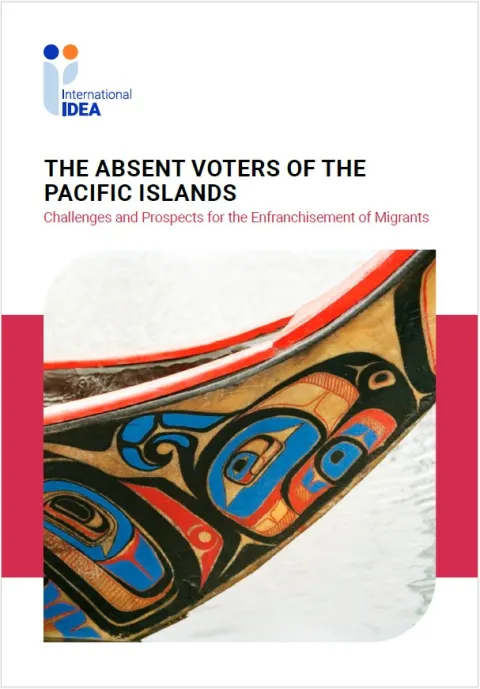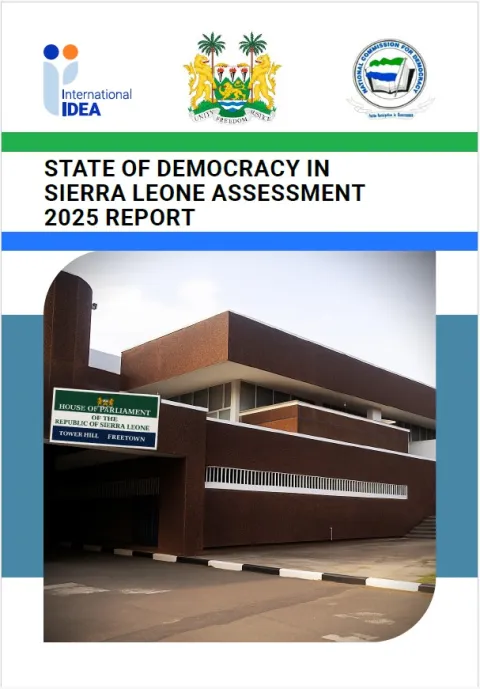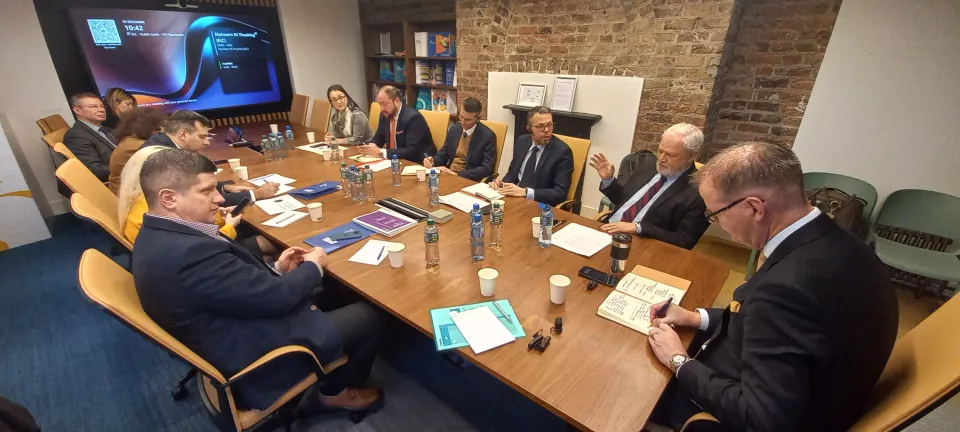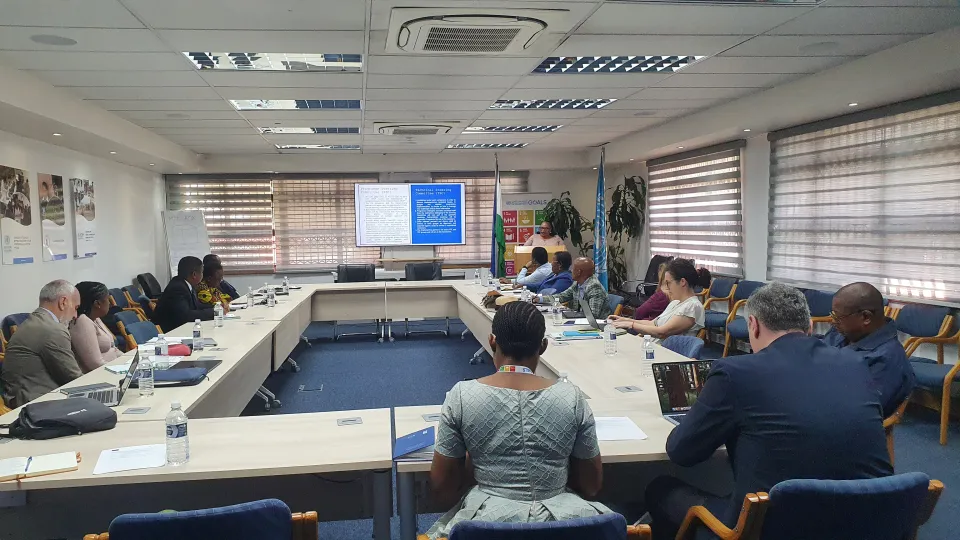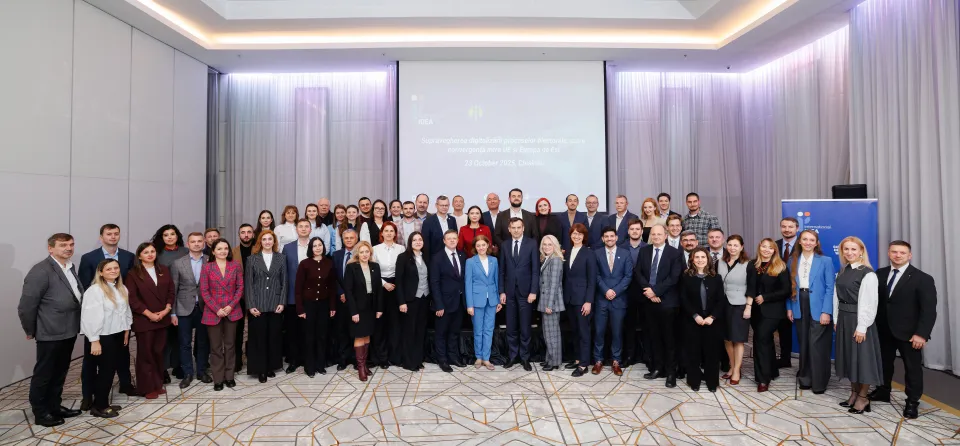Special Voting Arrangements: Between the Convenience of Voting and the Integrity of Elections
Forms of special voting arrangements (SVAs) conventionally include early, postal, online, proxy voting and use of mobile ballot boxes.
Some of these SVAs involve voting within supervised voting stations and some enable voting without/outside polling stations. Over the past years, a growing number of countries across the globe, and in Europe, have utilised alternatives, with early, postal and proxy voting becoming more common. In the past months, the Covid-19 pandemic has led many governments and electoral management bodies to increasingly consider adopting new or scaling up these SVAs to avoid crowded voting on an election day.
For in-person voting, examples of elections held in recent weeks in countries such as South Korea offer useful insights on what measures can be adopted to mitigate risks of disease contagion while voters assemble to cast their ballots at polling stations. This lecture and paper by Therese Pearce Laanela, Head of Electoral Processes of International IDEA, discusses the tension between providing convenience for voters by offering different ways of casting their votes and the need to ensure the elections are held with integrity.
Details
Staff author
Related databases & tools
Give us feedback
Do you have a question or feedback about this publication? Leave us your feedback, and we’ll get back to you
Send feedbackSpecial Voting Arrangements: Between the Convenience of Voting and the Integrity of Elections
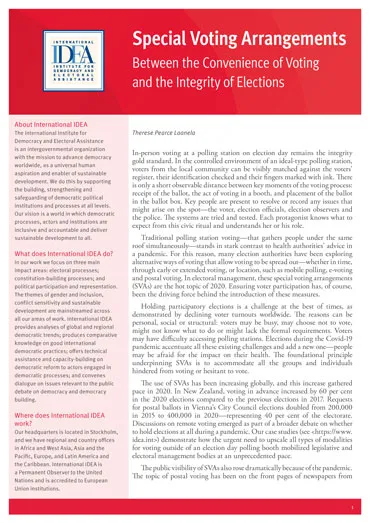
| Total views | 5408 |
|---|---|
| Downloads | 70 |
| Rating |
Staff author
Related databases & tools
Give us feedback
Do you have a question or feedback about this publication? Leave us your feedback, and we’ll get back to you
Send feedback